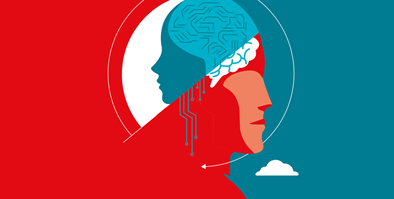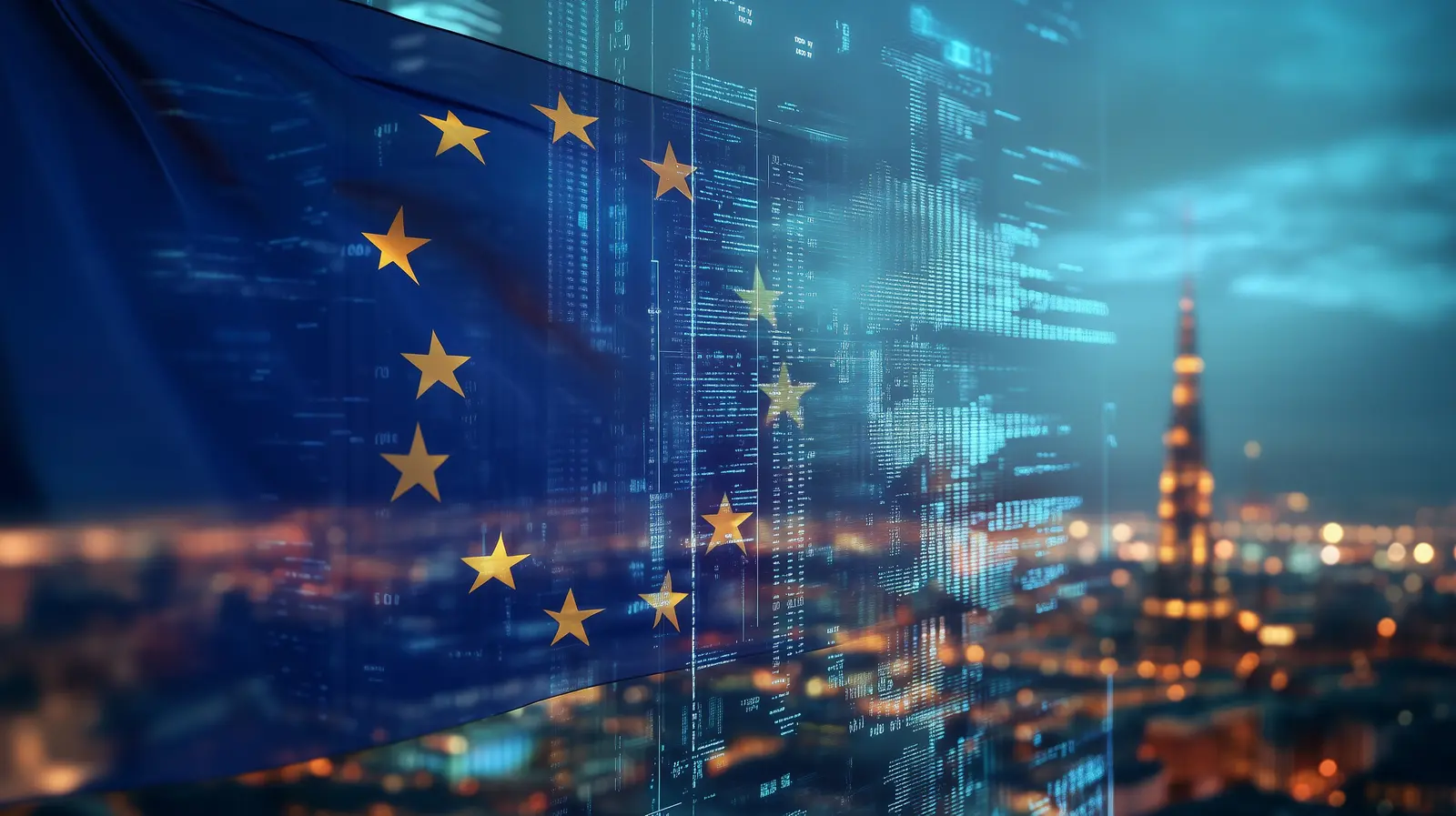- €1.3 trillion digital transformation gap leading to poorer health, worse education outcomes and weaker trust in institutions
- A Bridge Across Communities sets out four actions to rebuild growth, cohesion and trust across Europe
A new report by Vodafone, A Bridge Across Communities, finds that Europe’s entrenched digital divide - from gaps in skills and coverage to unequal access to devices and digital public services - is now a strategic vulnerability for the continent’s economy, society, and democratic resilience.
Despite connectivity becoming as fundamental to daily life as electricity or heating, millions remain excluded. Today, 44% of EU citizens lack basic digital skills, and one in five rural households still had no 5G coverage last year.
The report shows that failing to tackle digital transformation could cost the EU €1.3 trillion in lost GDP by 2033. The digital divide is a key driver of that loss, leading to digitally excluded communities experiencing poorer health, worse educational outcomes, and weaker trust in institutions.
Joakim Reiter, Vodafone Group Chief External & Corporate Affairs Officer said: “Every year we wait, the gap widens between rich and poor, urban and rural, young and old. Only if we act now can Europe grow stronger and more resilient, with modern services, higher productivity, and robust democracies.”
David Mekkaoui, CEO of All Digital added: “Europe has a unique opportunity to turn digital inclusion into growth, cohesion and trust. Competence centres show us every day that digital inclusion is not abstract: it means a young person finding work, a small business reaching new clients, or an older citizen accessing healthcare online. Scaling these solutions can ensure that everyone benefits from – and contributes to – Europe’s digital future.”
The societal stakes: why inclusion matters for everyday life
- Health and wellbeing: Digitally excluded people are 1.5× more likely to struggle interacting with healthcare, increasing reliance on emergency services - costly for households and health systems. Improving access and confidence reduces isolation and improves long‑term wellbeing.
- Education and opportunity: Schools with limited digital capacity struggle to build both core and digital skills. Young Europeans without access or support are twice as likely to lack basic digital skills, depressing lifetime earnings and civic participation.
- Democratic resilience: Digitally excluded citizens are less likely to engage in public decision-making, which increases the risk of eroding trust in civic and democratic institutions.
Entrenched divides: the cost of inaction
- Geography: A persistent urban‑rural gap in skills and coverage holds back communities and local services. Even where 5G is available, a lack of 5G Standalone (5G SA) limits the benefits of ultra‑low latency applications for public services and industry.
- Demographics: In 2023, 70% of 16-24s had basic digital skills vs 28% of those aged 65-74. This represents a 42‑point generational gap, with parts of south‑eastern Europe lagging in inclusive participation.
- SMEs and productivity: Only 20% of European SMEs are highly digitalised, but closing the SME digital gap could add €628 billion to EU GDP. Today, European companies produce 76% of the value of their US counterparts, partly reflecting slower digital adoption.
- Compounding effects: Digital exclusion fuels other deprivations. Slower growth, regional decline and lower educational attainment are a self‑reinforcing cycle that fragments societies, increases pressure on already strained budgets and weakens democratic foundations.
What works: evidence from across Europe
- Germany: Digitalisation boosted company EBIT by €28bn in 2023, while network expansion contributed ~€5bn to GDP in 2022, underlining economy‑wide benefits of better infrastructure.
- Portugal: Firms that digitalise pay 37% higher salaries, sharing productivity gains with workers.
- Nordics (Finland, Sweden, Denmark): The highest digital literacy correlates with consistently stronger institutional trust.
- Czechia: Strategic investment has made digital inclusion a strong point, with minimal gender and rural‑urban gaps.
- Greece: Only 53.4% of SMEs had at least a basic level of digital intensity last year, illustrating the need to accelerate support.
- Ireland (rural regeneration): The Gigabit Hub Initiative (SIRO and Vodafone) has brought gigabit broadband to rural hubs, supporting SMEs, remote workers and community resilience.
- Romania: Reaching the EU’s average digitalisation score (Digital Economy and Society Index) by 2027 could increase the country’s GDP by 3%, equivalent to their annual education budget.
Four actions for European, national and regional leaders
- Make digital inclusion a strategic government priority. This must be embedded into national economic and resilience strategies.
- Support digital skills development, including through strong partnerships with the private sector and civil society organisations.
- Accelerate the digitalisation of public services, ensuring all citizens can access and benefit from streamlined public services.
- Accelerate the rollout of high-quality connectivity infrastructure, by unlocking the single market to create pan-European scale in critical sectors, simplifying regulation and ensuring a fair, inclusive digital ecosystem.
A Bridge Across Communities: How reversing digital exclusion can level up Europe and build political resilience
Contact details
Media Relations:
Vodafone.com/media/contact
[email protected]
About Vodafone Group
Vodafone is a leading European and African telecoms company.
We serve over 355 million mobile and broadband customers, operating networks in 15 countries with investments in a further five and partners in over 40 more. Our undersea cables transport around one sixth of the world’s internet traffic, and we are developing a new direct-to-mobile satellite communications service to connect areas without coverage. Vodafone runs one of the world’s largest IoT platforms, with over 215 million IoT connections, and we provide financial services to around 92 million customers across seven African countries – managing more transactions than any other provider.
From the seabed to the stars, Vodafone’s purpose is to keep everyone connected.
For more information, please visit www.vodafone.com follow us on X at @VodafoneGroup or connect with us on LinkedIn at www.linkedin.com/company/vodafone.

























